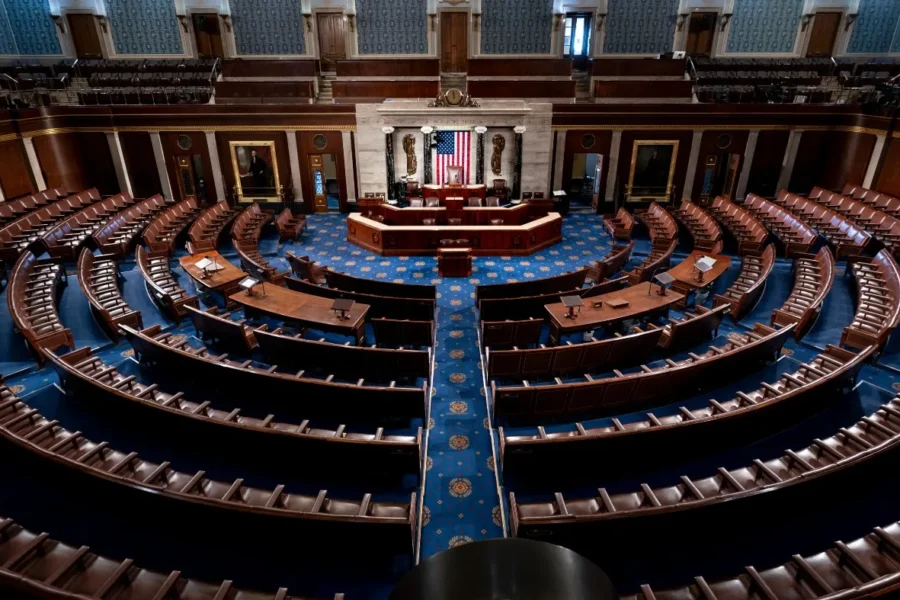On Friday, the Senate Judiciary Committee voted to refer Judge Brett Kavanaugh’s nomination to the U.S. Supreme Court to the full Senate along party lines, after Senate Republicans agreed to a one-week postponement of the Senate vote on the nomination to allow the FBI to conduct an investigation into the allegations against Judge Kavanaugh by Dr. Christine Blasey Ford and potentially others. Senate Majority Leader Mitch McConnell now insists that the full Senate will vote on Kavanaugh’s nomination this Friday, October 5th.
The release over the weekend of Judiciary Committee “prosecutor” Rachel Mitchell’s five-page memo to Judiciary Committee Republicans outlining the reasons she finds Dr. Ford’s testimony dubious has stoked these two tribe’s bonfires and amplified their war cries. Mitchell noted that the case is not a prosecution per se, but rejected the idea that Kavanaugh could be either criminally prosecuted or found civilly liable based on Ford’s statement:
In the legal context, here is my bottom line: A “he said, she said” case is incredibly difficult to prove. But this case is even weaker than that. Dr. Ford identified other witnesses to the event, and those witnesses either refuted her allegations or failed to corroborate them. For the reasons discussed below, I do not think that a reasonable prosecutor would bring this case based on the evidence before the Committee. Nor do I believe that this evidence is sufficient to satisfy the preponderance-of-the-evidence standard.
And Mitchell said a mouthful when she added in the memo, “There is no clear standard of proof for allegations made during the Senate’s confirmation process.” The truth is since the Constitution does not specify a standard (only providing that the Senate shall give “advice and consent” to nominations), the standard is whatever any individual senator believes it to be. If a senator insists that a nominee only lacks a criminal record, that is his or her prerogative. On the other hand, a senator may also insist that a nominee not have a whiff of scandal about him or her. Obviously, no one is insisting that Brett Kavanaugh present a lifetime of unadulterated moral rectitude worthy of a Vienna choirboy since no one could pass that test. On the other hand, if Kavanaugh, in fact, mauled a girl in high school and is lying about it today, it seems self-evident that he is not qualified for the Supreme Court. At the end of the day, then, it comes down to whom you believe, Kavanaugh or Ford. Call it the Framers’ wisdom, or a colossal blunder on their part, but the ultimate political question – how the Senate should exerciseits constitutional role of “advice and consent” – comes down to one’s own subjective judgment on the cultural question of this #metoo moment: “Do you believe the woman or not?”
While the FBI is toiling away on its renewed background investigation into the life and times of Judge Kavanaugh, the opposing political factions seem determined to square off over this question in a death match of “chicken” worthy of a James Dean flick. Senator Lindsey Graham (R-SC), ordinarily the Casper Milquetoast of judicial nominations who votes routinely for appointments on both sides of the political aisle, has become the roaring lion of the Kavanaugh nomination. Following up on his unforgettable jeremiad against Senate Democrats last week, Graham now urges President Trump to double down on Kavanaugh by re-nominating him if he loses the vote, in the expectation that his treatment will spark voters in battleground states to provide Republicans an even wider margin of Senate control for the next two years. It would be a risky gambit, but if the President believes it could pay dividends at the ballot box, he could be inclined to do it. If so, the combatants in this historic game of “chicken” will swing their hot rods back around and come at each other again. Whether Kavanaugh ultimately wins or loses his seat on the Supreme Court, one wonders how much damage the Senate’s credibility, or the Supreme Court’s, can sustain without crippling the rule of law on which both institutions depend.




